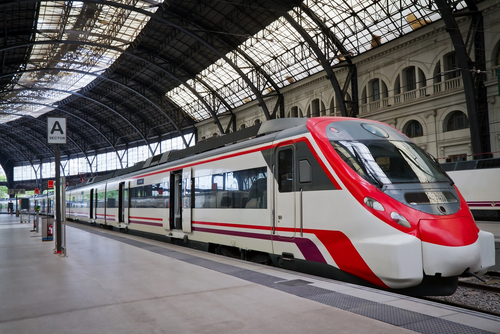Customers travelling across the UK are paying an average of 10% more for train station food and drink, a report shows.
The Office of Rail and Road (ORR) puts this down to a lack of competition in the catering market leading to businesses charging customers a chunky premium.
Its report of over 2,000 Network Rail operators found outlets often stay with the same businesses for prolonged periods, with the comfort of knowing their leases are protected. This monopoly has continued because – as it stands – there are few incentives for station operators to change this pattern.
When catering contracts are renewed, the regulator’s findings showed the most common practice is to roll over or extend the lease without open competition. The company monopolising the industry is Select Service Partners (SSP) – described as the ‘largest single player’ in station catering. It boasts a chunkier share of outlets than both Costa Coffee and WH Smith combined, with brands including Upper Crust, Harry Ramsdens and Caffé Ritazza.
As part of a ‘number of issues’ the ORR discovered, external catering companies often have very little chance to either be informed of the opportunity or to compete for the agreements. It is even more pertinent, as nearly half (47%) of all stations containing retail space have just one food outlet.
More competition will lead to a fairer market, and the regulator also believes the increase in alternatives vying for contracts will increase investment in station services.
Passengers and taxpayers missing out on improved station service
Will Godfrey, director at Office of Rail and Road, said: “The railway station catering market isn’t working as effectively as it should be. More competition between companies to operate at stations would bring real benefits to passengers and taxpayers.
“Because money earned from leases at stations ultimately makes its way back to those who operate railway stations and infrastructure, this money could be invested in improving services for passengers or reducing the need for taxpayer support.”
Godfrey added: “We will now work with the industry on the best way forward and will make recommendations on how the market needs to change, with the ultimate goal of improving value and outcomes for customers and funders of the railway.”





